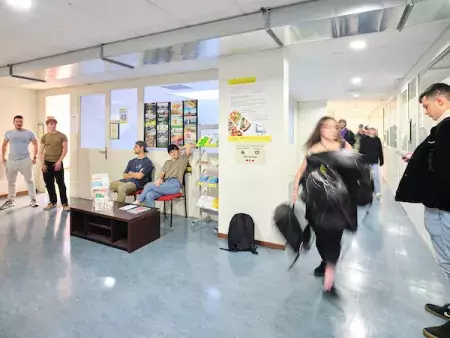Je suis...
un·e futur·e étudiant·e
un·e étudiant-e
Un·e professionnel·le de la santé
- Découvrir la formation continue
- En savoir plus sur les projets
- Se renseigner sur l'Institut de Recherche
Un média
- Accéder aux dernières actualités
- Prendre contact avec un-e expert-e
- Se renseigner sur un projet









